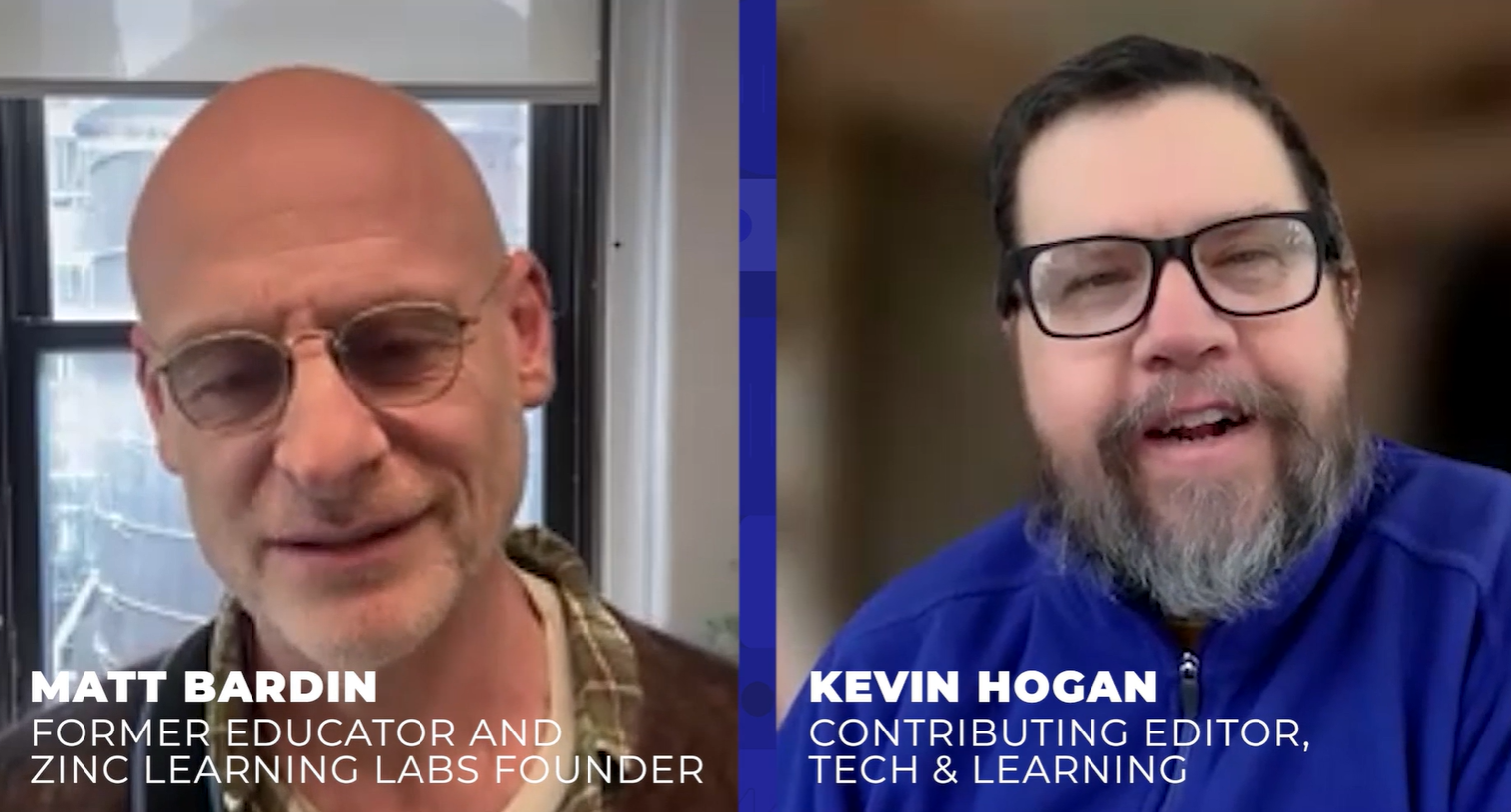Playing Globally

By Andrew Churches, cross-posted from Educational Origami
Our classrooms are not limited to the four walls of the physical building we teach in but can encompass the entire of the planet. Technology, and much of it is free, has enabled us to push back the classroom walls and stretch our virtual arms across the globe to shake hands with classrooms and students almost anywhere.
WHY?

Source: http://www.soil-net.com/album/Places_Objects/slides/Globe%20Planet%20Earth%20NASA.jpg
Some may well ask why would we do this and this is a valid question. We live in a world where the physical borders between countries fade as we move from the concrete real world to the virtual/online one. Icons of today like facebook continue to reduce the distance between countries and people as more and more people join these sites (there are over 900 million members now) and as more and more devices support access (over 200 million people access facebook via mobile devices). Our students are residents of these virtual worlds.
So for us as educators, in our ongoing task of preparing them for life, we must help to shape them into being global digital citizens who are respectful and protective of themselves, others and of intellectual property (See http://edorigami.wikispaces.com/The+Digital+Citizen). But its more than just being respectful of the different people and different cultures we may encounter, its also accessing the wide range of experiences, places, teachers and students that are available often at the click of a button. To visit and talk to people in places we may never have had the opportunity to visit, to experience the differing environments that young people learn in.
Our students respond to this, they are engaged and motivated, often challenged and sometimes confronted, but this is of value too.
Tools and ideas to transform education. Sign up below.
HOW?
Some of the most successful projects I have seen require nothing more than access to a shared space online.
A great example is the wiki comparing hemispheres http://comparinghemispheres.wikispaces.com/ which is a collaborative space set up for primary students at two primary school one in Nelson, New Zealand and New York. The Wiki compares one day in time in the Northern and Southern Hemisphere. The staff worked together collaboratively to plan the day, and the students in the two classroom collaborate to answer the guiding questions about where they live in one hemisphere and what is different in the other.
Another example based around a wiki is the casestudy wikis set up annually for the International Baccalaureate ITGS (information technology in a global society) course. The case study that the students will be examined on is made available to the students undertaking the ITGS course at least one year prior to their examination. The students are presented with a scenario and then required to develop a depth of understanding of the technologies, issues, impacts and importance of the topic. The wiki is scaffolded and students in he participating schools around the world are assigned a page or pages that they initially develop. Once they develop the page their peers critique the pages using a strictly enforced set of guidelines and processes. Having had feedback and an opportunity to refine their pages, the pages are opened up to the other members of the group to contribute to.
- http://itgs-casestudy-2010.wikispaces.com/
- http://casestudy-itgs-2011.wikispaces.com/
- http://casestudy-itgs-2012.wikispaces.com/
source: http://www.flatclassroomproject.net/uploads/2/9/3/9/2939181/6542080.jpg
On a larger scale are the stunning projects developed by the flatclassroom project http://www.flatclassroomproject.org/ These global projects link classrooms across the planet as they investigate common goals and objectives. These projects are more complex expanding beyond the use of wikis, into invitation only social networks like ning as well (http://www.ning.com). Flatclassroom offers a range of projects including:
- NetGenEd – http://www.netgened.org/ based on the annual horizon project, this wiki looks at technology, education and the networked generation
- Eracism http://www.eracismproject.org/a global student debate that joins diverse cultures and includes authentic debate for global competence and international mindedness.
- Flatclassroom – http://www.flatclassroomproject.net/
- Digiteen - http://www.digiteen.org/apply.html
- “A week in the life…” http://www.flatclassroomproject.net/a-week-in-the-life-project.htm
WHAT?
What can I do a global project on? The flatclassroom projects have a defined set of goals and objectives that match well with many subject areas. They require the teachers to work along side the students and offer a certification course for flatclassroom teachers.
If you want to organise your own project there is really not limitation to what you can use global projects for. They can be simple, like answering a single guiding question or complex and on-going. Some of the projects may be collaborative projects between members of the same class, or within the school or potentially across the world.
source: http://www.public-domain-image.com/nature-landscape/hot-spring/slides/yellowstone-thermal-spring-in-morning.jpg
Skype is a very well known tool used by many, it also has huge potential in the classroom. Skype has an education program that connects classes, teachers and students to experts around the world. For example skyping with the park rangers at Yellowstone National park in the USA. This is a great opportunity for science classes. http://education.skype.com/projects/2237-yellowstone-national-park-rangers-can-skype-with-classrooms
The tools and technology used like the project itself can be simple or more complex. Here are some useful tools
- Wikispaces – ad free wikis for education http://www.wikispaces.com/content/teacher/
- Wetpaint wikis – http://wikisineducation.wetpaint.com/
- Skype – Simple video conferencing – http://education.skype.com/
- ning http://www.ning.com Social networking (this service has a cost)
- Facebook Groups – this is potentially a useful feature, but may have issues with school policies
Considerations
Global projects are very beneficial, I have found them to be engaging, motivating, challenging and as I noted before sometimes confronting. The learning opportunities are diverse and provide huge opportunity to interact with not only students in different cultures but also with renown experts and leading teachers. But like everything there are some considerations:
- Does your schools/districts network policies allow access to the different mediums like wikis, Skype, social networks like ning etc
- What are your schools policies in regard to students online, privacy, sharing images & names etc
- Do you have suitable and compatible software/hardware/infrastructure to enable connection and sharing?
All of these projects should be deliberate and considered, they are hugely beneficial but do require careful identification of goals, proper planning, establishing acceptable norms and expectations of behavior and suitable reflection. I love this adage
failing to plan is planning to fail.
